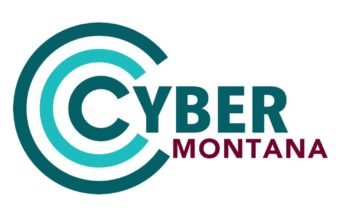Those of us who love social media have all seen them. The message that looks something like the below:

This scam relies on people being helpful, and maybe a little gullible. Here’s how it works, it makes it look like if you do a simple task (copy and paste this message) you can get rid of some of the ads on Facebook. Frankly, this is bumpkis, there is no reason to make any web app act in this manner, and would prevent Facebook from monetizing it’s most valuable asset: YOU!
Now, I’m given to understand that the lady who posted this message is one of the nicest, most giving people on the planet (She is a friend our our publisher!) And she gave it a fair try, she copied and pasted the post just as it said. Likely she didn’t see a reduction in ads or a change of how many of her friend’s posts she sees. See this kind of post is used for something very much darker.
When search engines index most sites, they combine everything on the page to one person. However, when they index social media sites, they attribute the information to the user posting it. Because this was copy and pasted, it will look like the person that did the copy and pasting typed it all in, so the post is attributed to them.
Now the scammer starts this circulating and just waits for the search engines to index the pages (generally every day, but usually they are given two or three days. Now the scammer uses some tricks with search engines to force an exact match to the search text, which is the text of this message. Voila, they have found a person who will share something without thinking and can follow reasonably simple instructions to perform tasks. This is valuable because you are 50 times more likely to be scammed if you are helpful and blindly follow instructions.
At this point, they usually will try a few other things to see if you fall for something, like claiming that you are a wonderful person and that for some reason they can’t send you a friend request, could you please add them as a friend? Have you noticed that many people who share chain posts end up with a comment like this? Now you know why. This is all set up for whatever final scam they do pull.
How do you beat this type of scam? First, don’t copy and paste posts. Instead either don’t share (either with copy and paste or the share button) or rewrite the post. And remember, if it seems too good to be true, it probably is.
In 2022, the Federal Trade Commission data shows that consumers reported losing $8.8 billion to fraud. A LOT of that was online, social media scams, or email scams. The Great Falls Gazette is publishing an entire series of articles to help explain some of these scams and help you learn to spot them.


